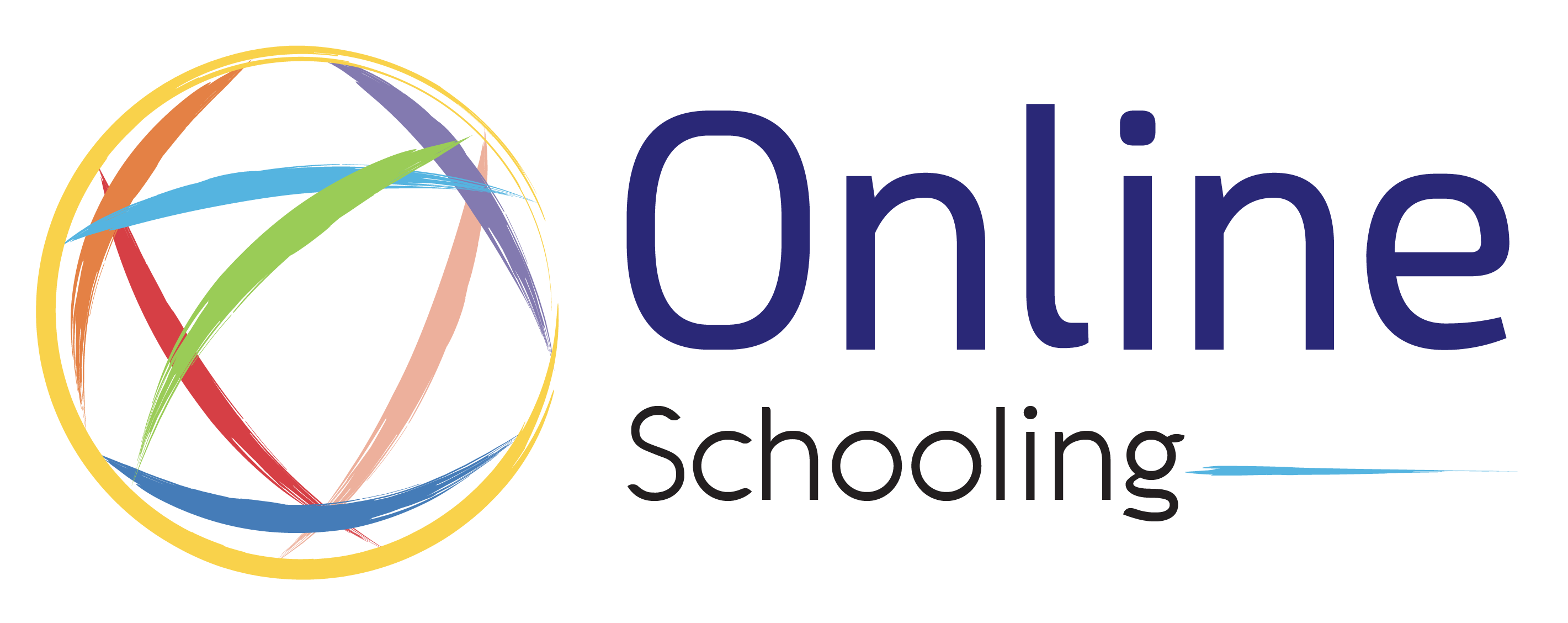The physical world of education has long meant that certain curriculum, pedagogies, and text is available at a physical location. To get to the physical location, one is expected to:
- Cross geographical boundaries – which is costly, infeasible, and may not work for younger children looking to pursue such education
- Pay a hefty amount – rarity of curriculums, and prestige being limited at a place comes with a hefty cost attached to it
While the CBSE and ICSE curriculum have been the mainstay of the Indian education system, in the last few years, students and parents alike have demanded access to international curriculums, which are oriented towards a more global setup.
As a result, a number of institutions have sprung up locally, which move beyond the usual curriculum affiliations, and offer the varied curriculums, although at a premium. The seats continue to be limited, and curricula are seldom tested for the Indian environment.
What the online school does to make curriculum accessible?
In the manner that online schools and e-learning platforms have democratized education, an added consequence has been the smooth access to varied accredited curriculums offered across online school and virtual school platforms.
Today there exist specific accreditation regulated bodies which have defined the clear performance parameters for running an online curriculum with the mandated standards. The accreditation body places any online school under an obligation to follow their stated curriculum practices, on-board assessment bodies make the pedagogy streamlined and alike across the world.
These accreditation bodies also ensure, by measure of regular audits, the following of best practices, alignment of student outcomes, and updating course materials as and when required. The presence of accreditation also gives credence to the credit transfer, or credit acceptance obligation of peer and higher institutions, assuring students and parents that any future transfer will be bereft of any bottlenecks.
What the accreditation bodies do to make the curriculum accessible?
On their parts, the accreditation bodies place effort in:
- Standardising the curriculum across the world, which ensures that a ward sitting in the US or in India will be studying the same academic contents, literature and undergoing similar assessment procedures
- Ensuring the schools are credible and mandated to offer such curriculum, and closely monitor their processes
- Create online schooling specific guidelines, procedures, and course content so that the best pedagogic methodologies are offered and adhered to during the online schooling process
Concerning the last point stated above, the accrediting bodies of the physical education world were clearly not sufficient to regulate both physical and online schools. Online school and e-learning platforms clearly have different requirements and dissemination considerations, and hence also require a separate design, dissemination and assessment process.
Today, credible organisations and partners such as Stride, NISAI group, Galvanize inc., The Keystone school, Cognia, NCA, Southern Association of College and Schools, Northwest Accreditation Commission are present which are key stakeholders in ensuring online specific curriculum is disseminated in a standardised and formalised way.
Through accreditation from such organisations, varied curriculum are offered over online schools – some of which include:
Generalised International Curriculum
Few schools such as K8 school do not call out a curriculum affiliating body, but accrediting bodies such as Cognia. The focus is on imparting curriculum, which is designed per best international practices, and is suited to each ward.
While you may find little comparison of such a curriculum with traditional education, the curriculum in such a setup includes STEM based focus, and grade-based skills.
For example, the primary grades are exposed to teaching elements which help students build their motor abilities, and channelise cognitive abilities.
The Middle grade student curriculum is designed keeping in mind that students are at an inflection point or cusp of their education journeys and may be required to start developing advanced skills for their future education.
American Curriculum
The American curriculum offerings by online schools in India today are focussed at replicating the Physical School American curriculum, focussed at the Elementary, Middle, and High School grades in physical schooling.
Online schools or e-learning platforms in India such as 21K School offer this curriculum in collaboration with bodies such as Stride Inc., or The Keystone School, USA.
Up to grade 8, students are part of a structured curriculum, post which they are free to pick up electives as well. The program is usually self-paced, and offers a dual diploma option in higher grades, which helps students obtain college credits while still in senior grades.
Students enrolled in dual credit classes can save money by ensuring they cover some college credits while in school, and experience higher level learning by getting exposed to college level subjects, and get a head start in their careers. Such an option is offered via collaboration with American colleges and universities.
British – Cambridge / Oxford Curriculum
Online schools in India such as 21K School, and The Virtual School India offer varied British, Cambridge and Oxford curriculum.
The Cambridge curriculum is focussed on preparing students for the Cambridge International Examination and is recognised by universities and employers worldwide. The curriculum is used in 10,000 schools and 160 countries and is uniformly international in approach. It follows the IGCSE curriculum, and helps the child approach the British A level examinations.
Other e-learning virtual platforms such as the “Class of One” offer Oxford curriculum as well.
Indian Curriculum
The Indian curriculum globally is offered under two versions – CBSE (Central Board of Secondary Education), and CISCE (Council for the Indian School Certificate examinations)
The CBSE curriculum is designed by the National Council of Educational Research and Training (NCERT), under the aegis of the Government of India – this curriculum is focussed at preparing students for the Grade 10 and Grade 12 examinations
The ICSE curriculum is a non-governmental, and private board for grade 10, helping students prepare for the ICSE examinations.
Both the curriculums focus on incorporating the recommendations of the National Education Policy (NEP)
For primary education in India, the focus is on general education and basic skill sets such as those pertaining to language, math, history, geographical sciences. The secondary school curriculum is more focussed on core subjects such as commerce, sciences, and humanities
National Institute for Open Schooling (NIOS) is offered by online school platforms such as 21K School, and The Virtual School India, and is a government of India officiated platform for home-based schooling for higher secondary grades. It comprises various academic and vocational interventions and has come to be known as a credible alternative to higher school education in India.
International Baccalaureate (IB)
The International Baccalaureate Diploma Program (IBDP) is an international school level accreditation – a two-year educational program primarily aimed at 16-to-19-year-olds in 140 countries around the world.
The program provides an internationally accepted qualification for entry into higher education and is recognized by many universities worldwide. It was developed in the early-to-mid-1960s in Geneva, Switzerland, by a group of international educators. After a six-year pilot program that ended in 1975, a bilingual diploma was established.
Administered by the International Baccalaureate (IB), the IBDP is taught in schools in over 140 countries, in one of three languages: English, French, or Spanish.
To participate, students must attend an IB school. IBDP students complete assessments in six subjects, one from each subject group, and three core requirements. Students are evaluated using both internal and external assessments, and courses finish with an externally assessed series of examinations, usually consisting of two or three timed written tests. Internal assessment varies by subject: there may be oral presentations, practical work, or written work.
In most cases, these are initially graded by the classroom teacher, and the grades are then verified or modified, as necessary, by an appointed external moderator.
Online Schools which offer this curriculum include Pamoja Education.
Hence, as can be observed from above points, a variety of curriculum can be accessed via online learning platforms, anytime and anywhere, in a cost-effective manner. Students can efficiently access such curriculum and not be limited by physical institutional constrains.




